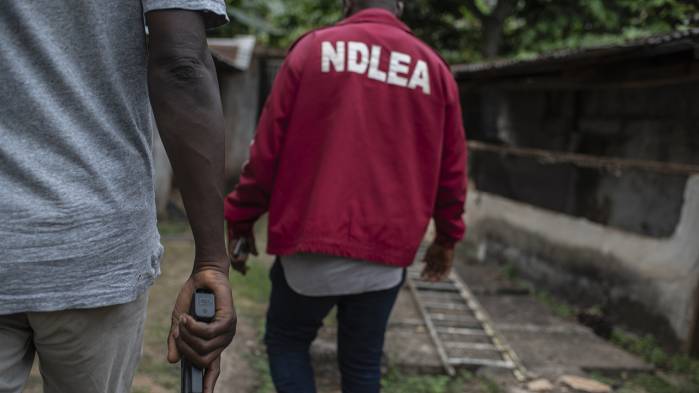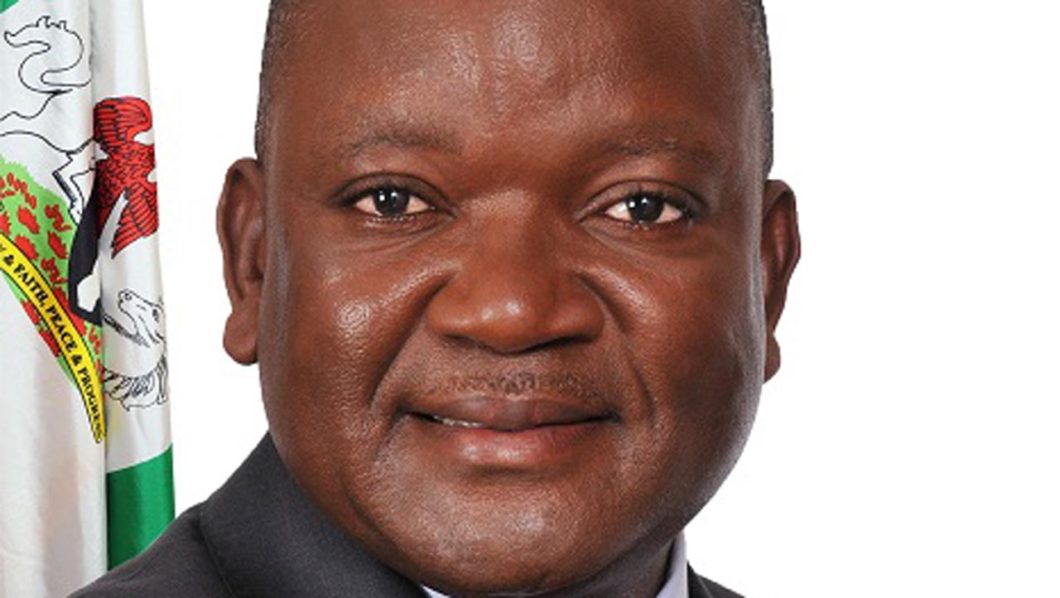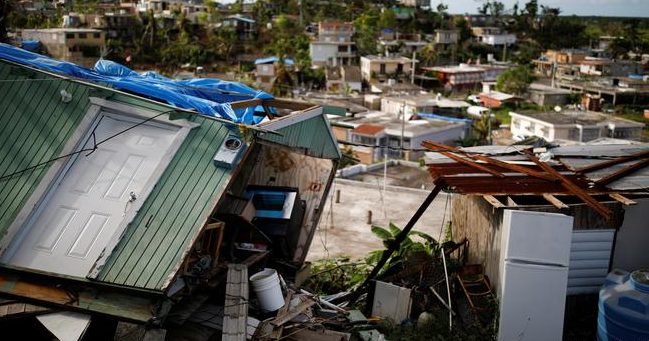The National Union of Air Transport Employees (NUATE) on Thursday, grounded Arik Air operations over poor working conditions.
The workers, bearing placards with different inscriptions blocked the entrance of the airline’s headquarters.
They lamented that several members of staff had been furloughed, adding that pensions were being owed.
They also lamented that during the COVID-19 pandemic, the airline’s management were distributing palliatives whole workers suffered.
Some of the inscriptions on the placards carried by the workers read; “End Arik brutality,” and “Sign our condition of service and recall all staff.”
State Secretary, NUATE, Ijeh Anthony, explained that the issue had lingered for long, vowing to continue the strike till all demands were met.
He said, “The contentious issue is the signing of the conditions of service which we have been negotiating for the past three years.
“But the only aspect remaining in the CoS is the issue of the severance package. We have sought interventions from the Ministry of Aviation, the Nigerian Civil Aviation Authority.
“However in most discussions, Arik Air Management will always renege.”
READ ALSO: Okowa Advocates Constitutional Role For Traditional Rulers
He added that the management’s decision to operate with lesser staff was also part of the reasons for the strike.
Hear him; “At the beginning of the lockdown, Arik Air management decided to send 80 per cent of their workforce on compulsory leave and in the process of engagement, they agreed to pay 20 per cent of their salaries for all those workers involved.
“All other airlines have called their workers back post COVID-19 but Arik Air have decided to run on 20 per cent while 80 per cent are still at home.
“The pressure now is that workers at home are now agitating. The flight frequencies have increased, we have higher fares and we are opening new routes, so why are you keeping us at home?
“At our last meeting, we demanded that the people at home resume because their absence is contributing to more pressure on us.
“During the pandemic, they were distributing palliatives to the host community when workers were not happy.”











